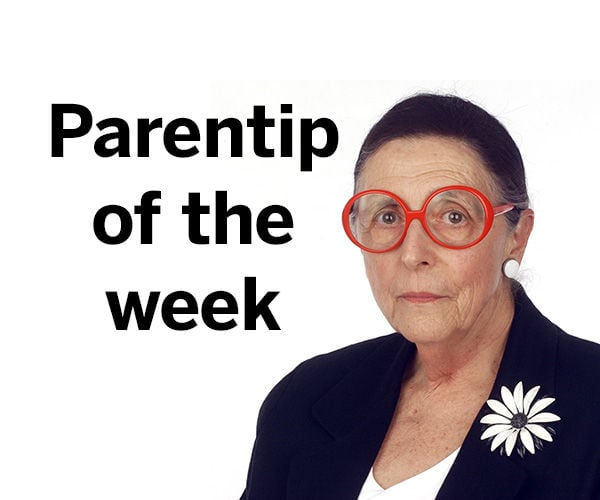What’s the best gift you can give your child? That wonderful feeling that he or she counts around the house and is a valued member of the family that the parents can rely on.
Chores are as American as apple pie, at least they used to be. We all remember the stories of farm kids milking the cows and feeding the chickens before walking five miles to school. Current attitudes toward chores? American families recently surveyed hate doing the chores that have to be done.
But somebody has to cook, clean, and wash the dirty clothes. Most of us cannot afford household help so we grumble our way through the tasks because we are already tired after a day at work where pressures are high. We not only work more hours than many people in other countries do but, tired as we are, we would like the house to shine as in the TV commercials.
Household appliance maker Whirlpool went to psychologist Richard Rende who found parents and kids think of chores and speak about them in a pretty negative way. Rende’s book, “Raising Can-Do Kids” is not yet out but Ron Lieber’s recent article in the New York Times notes that Rende believes parents can turn things around. First of all don’t complain about chores yourself. Do chores together as a family. And reframe chores as caretaking. “These are tasks we do…together often…because we love one another and want our home to be an orderly, well-functioning place, free of clutter and conflict.”
News flash: Chores are good for kids! Children actually benefit from doing chores. Better academic performance, stronger social relationships, higher career goals and better mental health all correlate with doing chores at home.
Let me assign the following parental “chores” so you can give your children the gift of thinking, “I really count around here!”
1. Start early. Even little kids need to know their “work” around the house counts. A toddler can help Mommy and Daddy keep the house neat by putting things where they belong. When you take off clothes, put them in the hamper. When you finish eating, take your plate to the kitchen. When you finish playing, put your toys away. Always acknowledge completion of the chore. Tell the child not just “Good job!” but also “Daddy really needed your help, Joshua. You made things easier for me today.”
2. Parents, who are the first teachers, need to know how to teach their children about chores. As in any apprenticeship program, first the child watches you do the task. Then you break the task down into parts so the child can pick up the niceties. Next you watch while the child performs the entire task. Finally, “You are ready to do your laundry by yourself! I expect you to let me know (or write on the shopping list) when any supplies are running low.” Show. Supervise. Set loose. Each part may require many reps.
3. Transfer the responsibility for doing the chore to the child. Many parents fail to do this well. Busy parents often feel it is easier to do a chore themselves than remind, coax, nag. However, responsibility is not an innate human trait, it has to be taught. A school-age child has to be taught that making your bed before you go to school is a rule and when a rule is broken there is a consequence.
4. Always have high expectations based on the developmental stage of the child. The task will be done, it will be done without your having to remind the child, and it will be done well.
5. Do not pay for chores (unless it is a big project you would have to pay for, like painting the garage). Chores are what we do to be a valued member of the family.
Lieber advocates cooking as a great way to help kids feel “I count around here!” They can apprentice to Mommy or Daddy Chef until they are ready to safely cook a simple meal. A family win-win situation. The kids feel proud and responsible. Mom and Dad get a meal served to them. Wish I’d thought of that!





